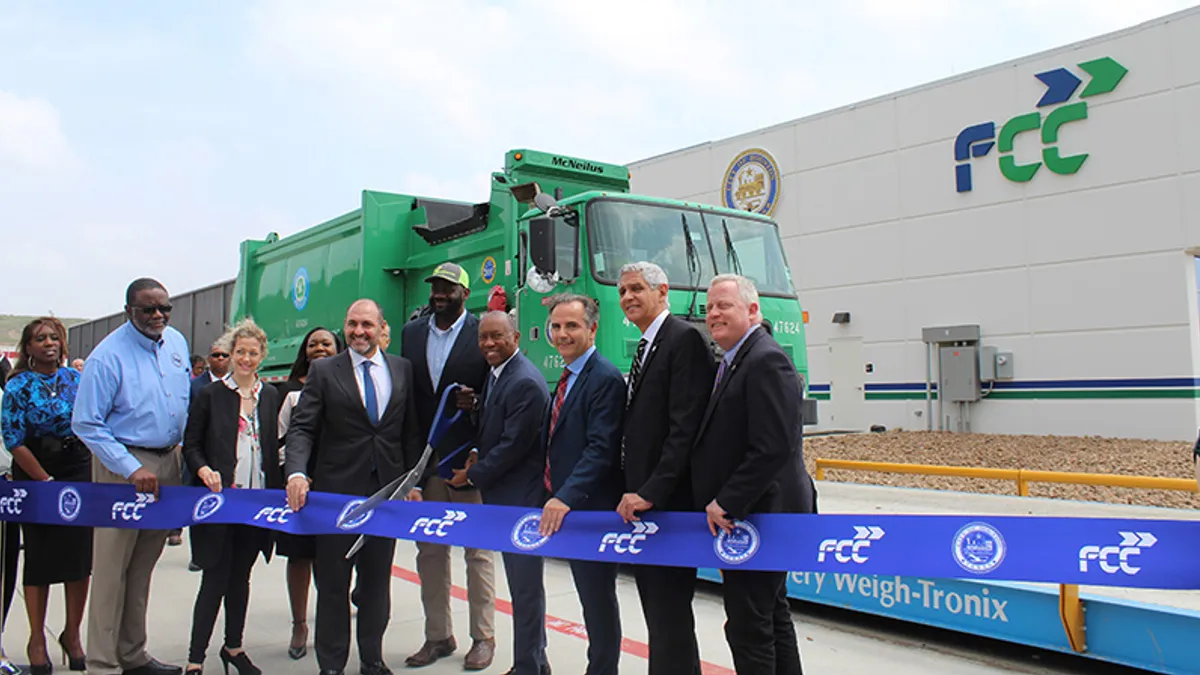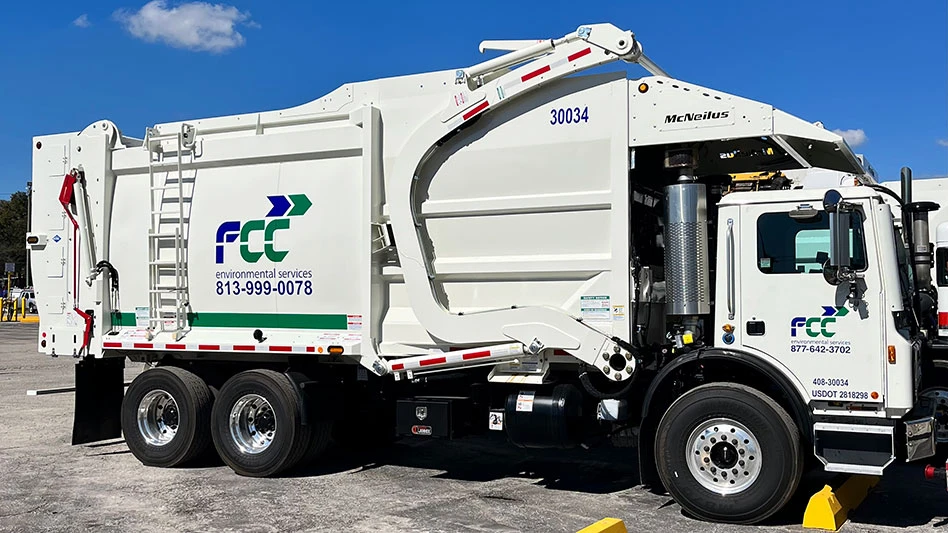Houston Waste Solutions - Fcc Environmental

Houston’s waste management landscape is undergoing a significant transformation, marked by both ambitious progress and persistent challenges. FCC Environmental, operating locally as Houston Waste Solutions, has emerged as a key player in this evolution. Its commitment to modernization and sustainability is increasingly vital. However, navigating the complex interplay of growing population, aging infrastructure, and escalating environmental concerns presents substantial hurdles.
The company's strategies, operational footprint, and community impact are under scrutiny. Understanding its position is crucial for stakeholders, residents, and policymakers alike. This article will delve into the company's operations, its sustainability initiatives, its interactions with the city, and the overall effect it has on Houston's future.
Houston Waste Solutions: A Profile
Houston Waste Solutions (HWS), a subsidiary of FCC Environmental Services, has become a major waste management provider within the Houston metropolitan area. FCC Environmental Services, a global firm, has a significant presence in both Europe and the Americas. HWS operates a complex network of collection routes, transfer stations, and processing facilities.
The company offers a range of services including residential waste and recycling collection, commercial waste management, and industrial waste solutions. They manage materials from businesses, construction sites, and municipal sources. This comprehensive approach positions them as a key figure in Houston’s waste management infrastructure.
Operational Footprint and Infrastructure
HWS has invested substantially in its local infrastructure. This investment includes a modern fleet of collection vehicles, strategically located transfer stations, and advanced processing facilities. These facilities are designed to optimize efficiency, reduce transportation costs, and minimize environmental impact.
Advanced sorting technologies are employed within these plants. These technologies recover valuable materials for recycling. This enhances HWS's commitment to sustainability.
The company also operates various landfills, some of which are located outside the immediate Houston area. Effective landfill management is critical. This ensures compliance with environmental regulations and minimizes the risk of groundwater contamination.
Sustainability Initiatives and Environmental Stewardship
Sustainability is becoming increasingly important to Houston's waste management sector. HWS has responded to this demand by integrating sustainable practices into their core operations. They've pledged to reduce the company's environmental impact.
The company promotes recycling initiatives through education campaigns and partnerships with local organizations. Increased recycling rates are sought. This will divert waste from landfills and conserve valuable resources.
HWS is also investing in alternative fuel technologies for its fleet. Converting vehicles to run on compressed natural gas (CNG) reduces greenhouse gas emissions. This lessens the company's carbon footprint.
Challenges and Opportunities in Recycling
Despite HWS's efforts to encourage recycling, certain challenges persist. Fluctuations in the global recycling market can make it difficult to maintain the economic viability of recycling programs. Contamination of recyclable materials is another challenge.
Educating residents about proper recycling practices is crucial. It improves the quality of recyclable materials. It minimizes contamination and maximizes the value of the recycled commodities.
Technological advancements offer an opportunity to improve recycling efficiency. This includes investing in more advanced sorting technologies. This helps to recover a wider range of materials.
Community Engagement and Public Perception
HWS's interactions with the Houston community shape public perception of the company. The company faces both praise and criticism. Issues such as service disruptions, noise complaints, and concerns about air quality can affect public sentiment.
The company has implemented a community outreach program. This allows them to address concerns, gather feedback, and build trust with residents. Transparent communication is vital in addressing these issues.
HWS also partners with local organizations on various community projects. These projects contribute to the overall well-being of the city. This enhances the company's image in the eyes of the public.
Regulatory Compliance and Oversight
Operating within a complex regulatory environment is a reality for HWS. Compliance with federal, state, and local regulations is essential. They must meet environmental standards for waste collection, transportation, and disposal.
Regular inspections and audits are conducted by regulatory agencies. They verify that the company is adhering to the prescribed standards. Any violations can result in fines, penalties, or even operational restrictions.
HWS proactively works with regulators to ensure compliance. This involves implementing robust environmental management systems. This minimizes the risk of non-compliance.
Looking Ahead: The Future of Waste Management in Houston
Houston's population continues to grow. This is increasing the demand for waste management services. HWS is positioned to play a significant role in meeting this demand. It does this by providing sustainable and efficient waste management solutions.
Technological advancements and shifting environmental priorities are reshaping the industry. HWS needs to continue to innovate and adapt. This keeps pace with these changes.
The integration of waste-to-energy technologies could provide a means of diverting waste from landfills. It simultaneously generates clean energy. HWS must embrace new ways to contribute to a more sustainable future for Houston.

















